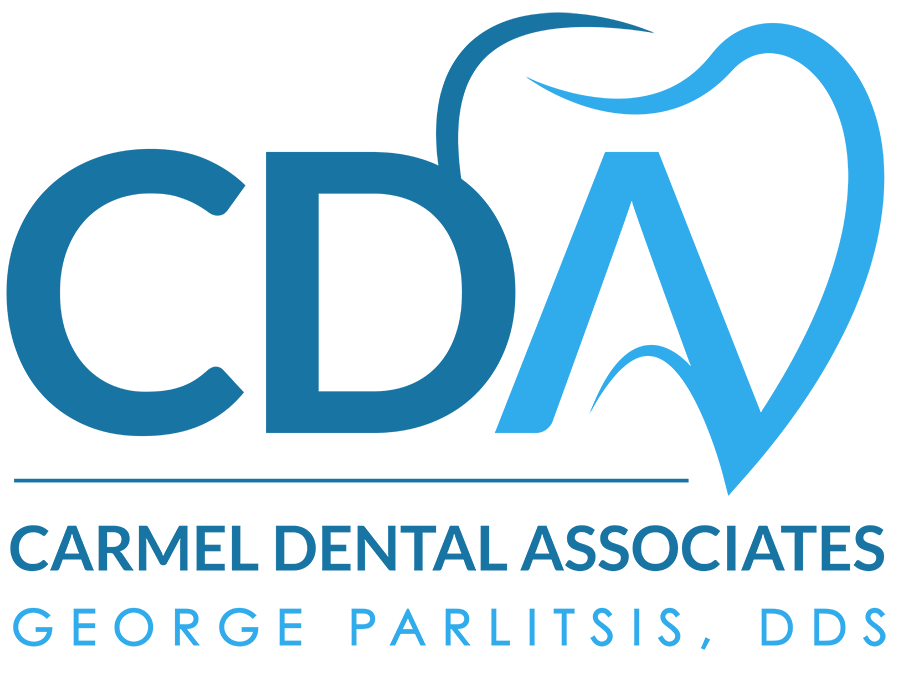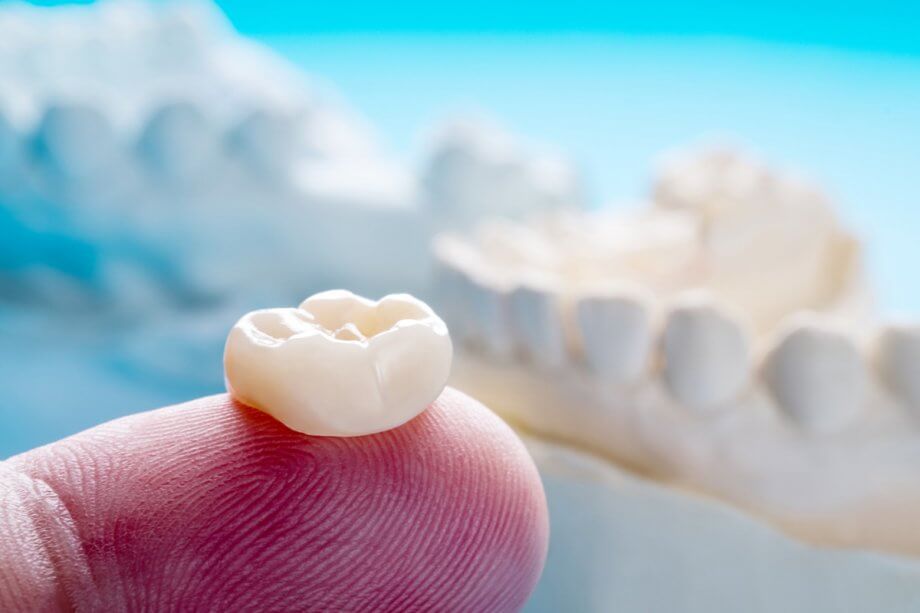Dental crowns protect broken, damaged, or discolored teeth. They help to restore chewing function and provide an attractive appearance. Dental crowns with excellent care generally last between five and 15 years, perhaps longer with proper oral hygiene and regular dental visits.
About Dental Crowns
A dental crown is similar to a small cap that fits over a compromised tooth. Whether the tooth has suffered decay, breakage, or discoloration, a crown can help it regain its full function and appearance.
Materials for Dental Crowns
Dentists typically use these four materials for crowns:
Ceramic
Ceramic or porcelain crowns have the most natural appearance. Their luster mimics natural tooth enamel. They match the surrounding teeth and provide long-lasting replacements.
Metal Alloys
Metal crowns may best serve children and patients who grind their teeth. They commonly come into play when the existing tooth structure cannot support other materials. Placed in the back of the mouth, they are unlikely to show when the patient smiles.
Gold Alloys
Patients who need the strength of a metal alloy but want to upgrade their smile may be interested in gold crowns. Gold alloys are the strongest crown material, and the extra durability helps to compensate for the added expense.
Porcelain Over Metal
This type of crown provides the best of both worlds: the attractive appearance of ceramic and the strength of a metal alloy.
The Dental Crown Process
The first step in making a dental crown is taking an impression. The dentist can then shape the crown precisely to match your existing tooth.
Next, the dentist prepares the tooth. They remove all damaged and decayed areas, leaving healthy tooth structures behind to support the crown. The dentist then takes impressions to shape the crown's interior. They send both sets of impressions to the dental laboratory to design your finished crown.
When the crown arrives from the lab, the dentist will invite you to return and have it cemented. Your dentist will check for the perfect fit and adjust the appliance accordingly.
How to Help Your Crown Last Longer
While crowns are sturdy appliances, common-sense care will help them last longer.
You should have no trouble eating with your crown, but take precautions to avoid damage. Avoid sticky foods like caramel and taffy. These foods may pull your crown off or break it. Avoid biting or chewing on non-food objects like popcorn kernels, pens, fingernails, or ice.
If you habitually grind your teeth, please speak to your dentist about receiving a mouthguard to wear at night. This appliance will protect all your dental restorations and your natural tooth enamel.
Frequently Asked Questions About Dental Crowns
Does getting a crown hurt?
When preparing your tooth for a dental crown, your doctor will utilize local anesthesia to ensure you feel no discomfort.
What should I do if my crown falls out?
If your crown becomes loose, save it and call your dentist. Cementing the crown to your prepared tooth takes only minutes in the office. It is not an emergency unless you experience significant pain.
Call Carmel Dental Associates
If you need a dental crown, please call our Carmel, NY, office at 845-225-2224. We can schedule an appointment to evaluate your tooth and help you choose the best restoration.

